Your Ultimate Guide to Surviving the Weather in Singapore
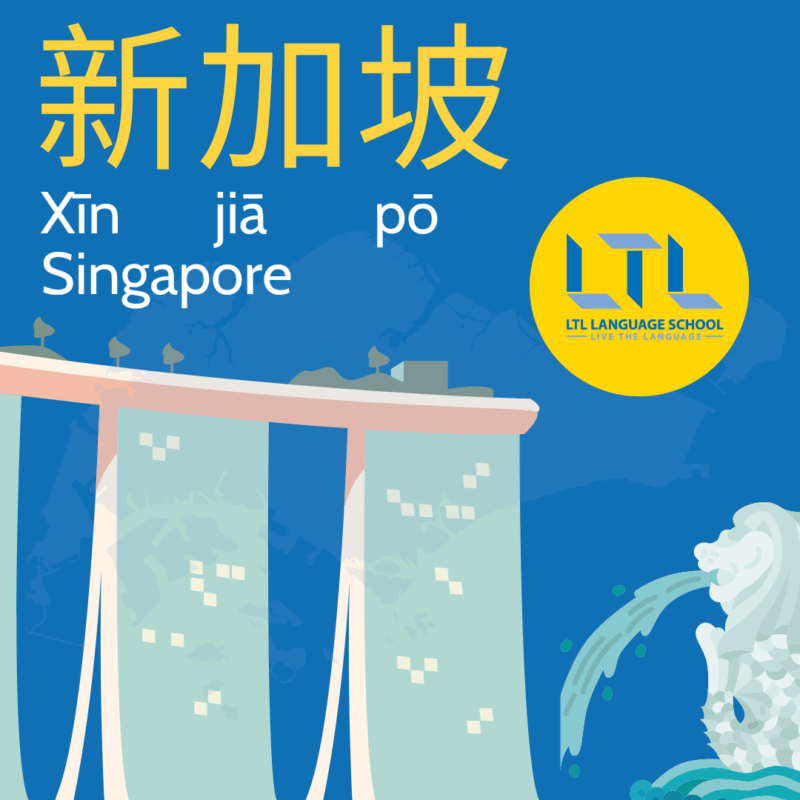
Singapore sits just above the equator.
So, as you might’ve guessed, it gets pretty hot!
What you might not have known, is that the weather in Singapore doesn’t follow the traditional seasons. Instead, the weather is dictated by two monsoon seasons!
Don’t be alarmed, ‘monsoon season’ sounds a lot scarier than it is.
For the most part, Singapore weather is hot, humid and consistent all year round, so at least you won’t need to bring clothes for every season.
There’s so much to see and do in Singapore, from visiting the iconic Marina Bay Sands to exploring the beautiful Gardens By The Bay, so it definitely helps to be prepared for the climate, especially for those of you from colder parts of the world.
In this article we’ll tell you everything you need to know about Singapore weather and more importantly: how to handle it!
Weather in Singapore || In A Nutshell
Weather in Singapore || Hottest Time of Year
Weather in Singapore || Coldest Time of Year
Weather in Singapore || Monsoon Season?!
Weather in Singapore || Best and Worst Time to Visit
Weather in Singapore || Handling the Heat
Weather in Singapore || FAQs
Weather In Singapore || In A Nutshell
Singapore has a tropical rainforest climate and throughout the year has high levels of rainfall, high temperatures and high humidity.
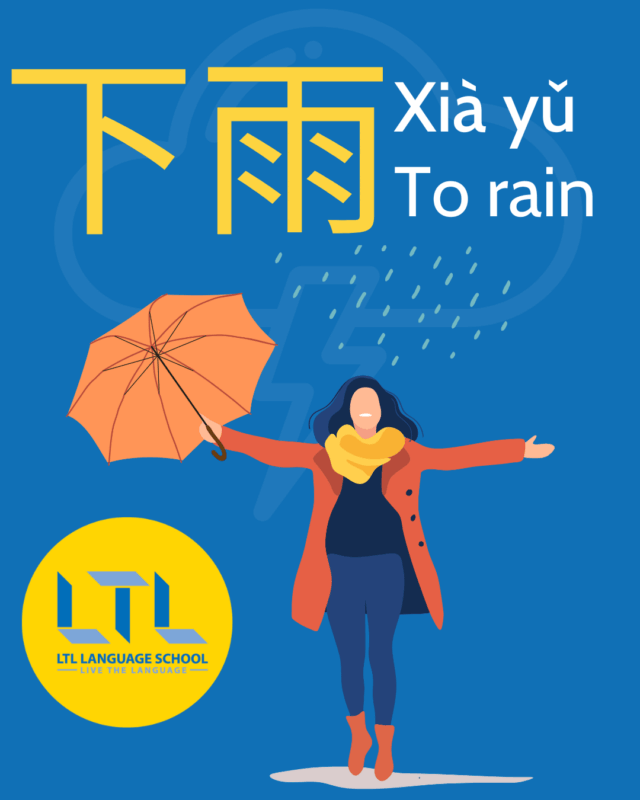

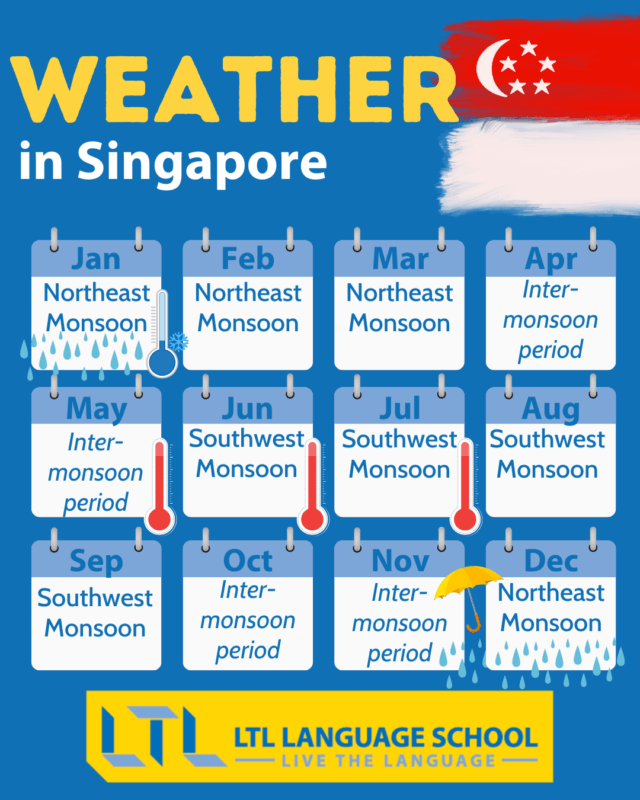
Given that the country shares a border with Malaysia and Indonesia, that’s not too surprising.
Whilst the temperature does change a little throughout the year, it usually sits around the 25-31 degrees Celsius range (that’s 77 to 88 degrees Fahrenheit).
The humidity is usually the biggest challenge for people new to the city, with 100% humidity a fairly common occurrence.
Usually though, humidity will sit around the 85% mark, or if you’re lucky, 65% on a dry, sunny day.
Most notably, Singapore’s weather does not follow a spring, summer, autumn, winter pattern. Instead, it’s dictated by (dun, dun dunnnn) monsoon season!
When’s the hottest time of year in Singapore?
Whether you’re a sun-seeker or a heat-hider, it’s good to know when the warmest time of year will be in Singapore because trust us, it gets hot!
In an average year, the hottest period is between the months of May and July, with highs of around 33°C (91°F). And yes, that means high humidity too.
That being said, remember that at the end of the day, Singapore is a tropical country. That means the temperature can exceed 30°C (86°F) anytime of year.
As such, it’s always good to be prepared for hot weather and to stay hydrated, especially if you are planning to spend time outdoors.
When’s the coldest time of year in Singapore?
Depending on what you were hoping for, this could be good news or bad news.
Singapore doesn’t have a distinct cold season.
Due to it’s tropical climate, the temperature in Singapore remains relatively stable throughout the year. Even at night time, the temperature rarely dips below 24°C.
The coolest month, typically, is January, however that’s only by about 1-2°C and the average highs are still around 30°C, hardly chilly!
Fun Fact || The coldest temperature ever recorded in Singapore was 19.4°C and that was back in January 1934!
What is monsoon season like in Singapore?
Singapore does not have distinct seasons like other countries that experience spring, summer, autumn and winter.
Instead of seasons, Singapore has two main monsoon seasons.
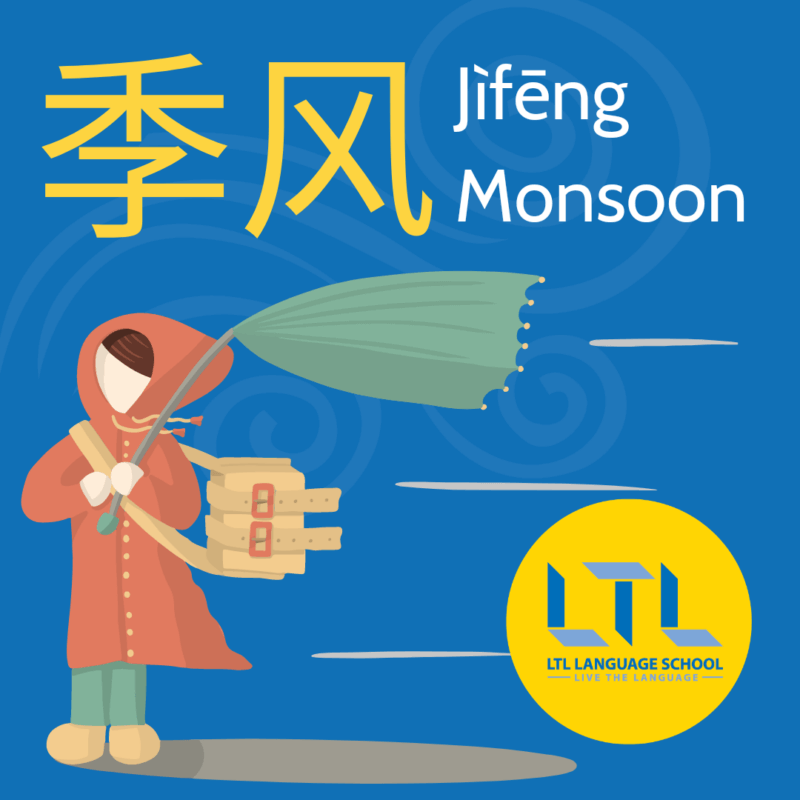
Some people like to joke that every season is monsoon season in Singapore, as on average it rains 167 days of the year.
In monsoon season, it just rains more!
The Northeast Monsoon season, which runs from December to March, and the Southwest Monsoon season, which runs from June to September.
During these two seasons the country experiences more rainfall, and the winds tend to be stronger.
DID YOU KNOW || The most prominent monsoon season in Singapore typically runs from November to January.
During this time, the country experiences more frequent and heavy rainfall, as well as thunderstorms.
The wind also tends to be stronger, which can cause some disruptions to outdoor activities.
It’s important to be prepared for the wet weather during this time. Trust us when we say you don’t want to forget your umbrella!
If you love the beach, just be aware that the monsoon season can also bring high tides and strong currents in the seas around Singapore, which can be dangerous for swimming and other water activities.
The government and local authorities may issue warnings and advise people to stay away from the beaches or seas during high tide and stormy weather.
Despite the heavy rainfall, the monsoon season is also a time when the country’s greenery and waterfalls are at their most spectacular.
Some people enjoy visiting nature reserves and parks to see the lush vegetation and cascading waterfalls during this time.
One unfortunate side effect of the monsoons is that sometimes the strong tides can bring a lot of trash to the beaches!

Singapore vs Hong Kong // The Ultimate 2024 Debate
Singapore vs Hong Kong || The Battle of Two Tiger Cities Singapore vs Hong Kong, which is better? The answer to this has been debated for a long time by locals of both countries, ex-pats, travellers, economists and bloggers for…
Best and worst time of year to visit Singapore?
The answer to this question depends on your personal preferences and what you want to see and do during your visit.
Here are some general guidelines to help you decide:
Best time to visit:

- February to April: This is the driest and most pleasant time of year, with less rainfall and lower humidity. The weather is warm and sunny, making it ideal for outdoor activities and sightseeing. Depending on the year, you might even be there to enjoy the Chinese New Year celebrations.
- June to August: This is the time of the year where the temperature is a bit cooler and less humid, making it comfortable to explore the city, not to mention this is when you can catch the Singapore Food Festival!
Worst time to visit:
- November to January: This is the monsoon season, when the country experiences more frequent and heavy rainfall, as well as thunderstorms. It can be difficult to enjoy outdoor activities and sightseeing during this time, and some events and festivals may be affected by the weather.
- May to July: This is the hottest time of year with high humidity and temperatures that can reach up to 35 °C (95 °F) and above, making it quite uncomfortable to explore the city.
When do you think is the best or worst time to visit Singapore? Let us know your thoughts in the comments below!

25 Hidden Gems in Singapore (2022 Update)
Hidden Gems in Singapore – Your Ultimate Guide (2022) Looking for the hidden gems in Singapore? The places only locals would know about. Well, you’ve landed on the right page! This isn’t a top 10, must-see, must do, 24-hour layover…
Handling the Heat in Singapore
With a number of the LTL team coming from the chillier parts of Europe, we’ve had lots of experience with adapting to the heat!
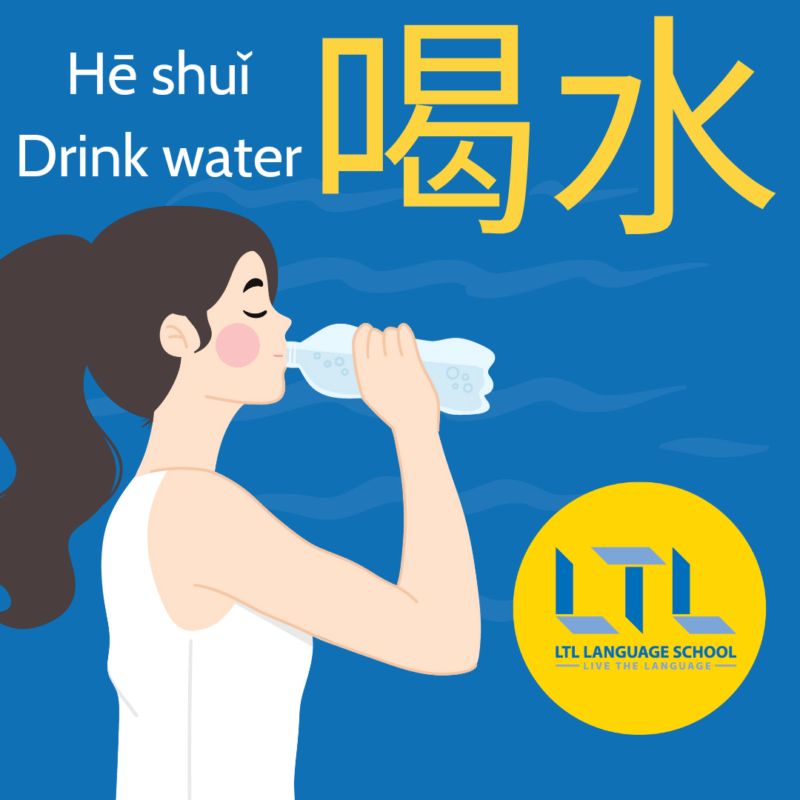
Here’s some of our best tips:
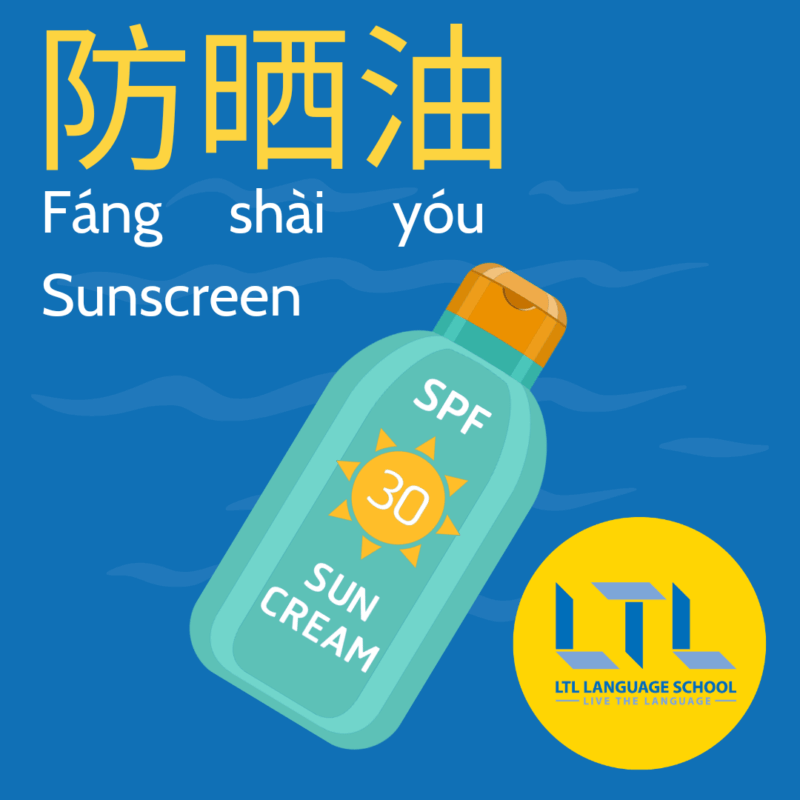
- Dress for the weather: wear lightweight, breathable clothing made of natural fabrics such as cotton or linen. Avoid dark colours, which absorb heat, and opt for light-coloured clothing instead.
- Use a sun umbrella: this might feel a little odd at first, but once you start using an umbrella to hide from the sun, you won’t be able to stop!
- Stay hydrated: Drink plenty of water and other non-alcoholic beverages to prevent dehydration. Avoid drinks with caffeine or alcohol, which can dehydrate you further (although we would definitely recommend trying an authentic Singapore Sling)!
- Avoid the sun: Seek shade or air-conditioning when the sun is at its strongest, usually between 11am and 3pm. Many buildings and public transport vehicles in Singapore are air-conditioned.
- Protect your skin: Apply sunscreen with a high SPF rating and wear a wide-brimmed hat to protect yourself from the sun’s harmful rays.
- Plan wisely: Schedule outdoor activities for the early morning or late afternoon when the sun is less intense.
- Be mindful of your health: If you are feeling unwell or experiencing symptoms such as heat exhaustion, seek medical attention immediately.
That concludes our beginners guide to the weather in Singapore.
We hope you found this guide useful and if you have anymore questions, please do drop us a comment below and we’ll be glad to assist.
Singapore is a genuinely wonderful country to visit, with culinary delights everywhere you look.
It’s also a great place to study Chinese, contrary to what many believe… as Omar here confirms!
Singapore Weather || FAQs
What is the weather like in Singapore?
In a nutshell, Singapore has a tropical climate and so experiences year-round high levels of rainfall, high temperatures and high humidity.
Why is Singapore weather so hot?
Singapore is located just above the equator and so has hot weather all year, the humidity can also make the weather feel extra hot!
When is the best time to visit Singapore weather wise?
This depends on what you’d like to see and do, however it’s generally recommended to visit Singapore between February and April, when it rains the least and the weather isn’t too hot.
When is the worst time to visit Singapore weather wise?
November-February is generally considered the worst time to visit Singapore due to the heavy rainfall – but it is at least a bit cooler this time of year!
Does Singapore have seasons?
Singapore weather doesn’t follow the traditional spring, summer, autumn, winter pattern. Instead, it’s affected by two monsoon seasons.
Can I learn Chinese in Singapore?
Absolutely!
You can check out our range of Mandarin language programs here.
Also check out our video here where we talk about the pro’s and con’s for studying Mandarin in SIngapore.
Want more from LTL?
If you wish to hear more from LTL Mandarin School why not join our mailing list. We give plenty of handy information on learning Chinese, useful apps to learn the language and everything going on at our LTL schools!
Sign up below and become part of our ever growing community!
BONUS | Want to study Chinese with us at LTL Singapore you can discover our group classes and individual classes too.


 Hi, my name is Greta. I am from Italy and I work as a student advisor. Please contact me if you wish to come and study with us!
Hi, my name is Greta. I am from Italy and I work as a student advisor. Please contact me if you wish to come and study with us!




